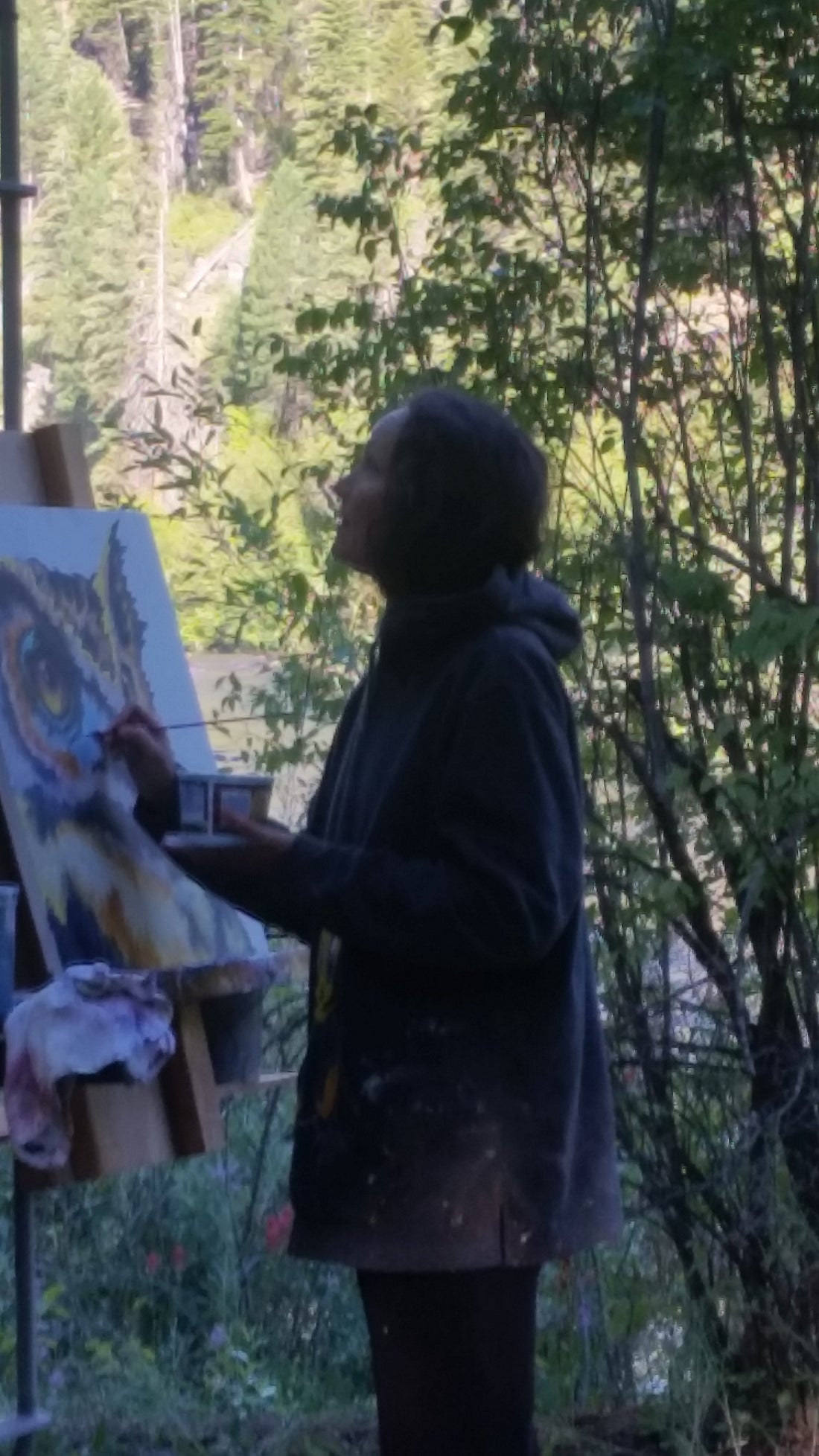In our increasingly digital world, there's something profoundly healing about stepping into a forest. The moment I enter, everything changes—my breathing slows, my shoulders relax, and a subtle sense of peace washes over me. This isn't just poetic imagination; it's a physiological response backed by science.
Japanese researchers have discovered what many of us intuitively know: trees release compounds called phytoncides—natural oils that protect them from insects and disease. When we breathe these in during "forest bathing" (or shinrin-yoku, invented by Tomohide Akiyama), our bodies respond by increasing natural killer cell activity, enhancing our immune function, and reducing stress hormones like cortisol.
The simple act of walking among trees has been clinically proven to:
- Lower blood pressure and heart rate
- Reduce anxiety and depression symptoms
- Improve concentration and memory
- Boost immune system function
- Accelerate recovery from illness or surgery
Nature's effect on our mental state is equally powerful. The gentle sensory stimulation—rustling leaves, dappled sunlight, the earthy scent of soil—creates what attention restoration theory calls "soft fascination." Unlike the harsh, demanding attention required by screens and urban environments, nature engages our minds without depleting our mental resources.
This explains why I have creative insights often during a walk in the woods. When my analytical mind relaxes, my intuitive thinking flourishes.
The magic of nature isn't limited to grand vistas. Often, it's in the smallest details—the intricate patterns of lichen on stone, a squirrel's playful acrobatics, the way aspen leaves shimmer and dance in the breeze. These moments of quiet observation connect me to something larger than myself, grounding me in the present moment.
When I bend to examine moss growing at a tree's base or pause to watch light filtering through leaves, I'm practicing a form of meditation. This mindful engagement with nature reduces rumination and quiets the constant chatter of my monkey mind.
I translate these experiences into creative expression—through painting, —extending nature's benefits. Creating art inspired by natural experiences allows me to carry that peaceful state forward, giving myself and others "a spoonful of that very place in my heart" that nature fills.
In a world where prescription medications for anxiety and depression are commonplace, perhaps the most accessible medicine is right outside our doors—in the desert, backyard gardens, or wilderness areas. The prescription is simple: regular immersion in natural settings, mindful attention to detail, and openness to wonder.
Our bodies recognize nature as home because, evolutionarily speaking, it is. By reconnecting with the natural world, we're not discovering something new—we're remembering something ancient, written in our very cells. Now go take get some of natures best therapy!


